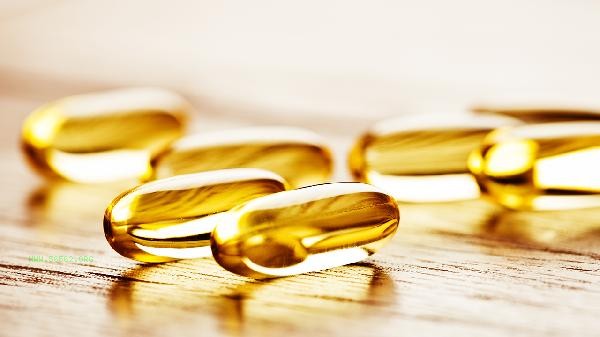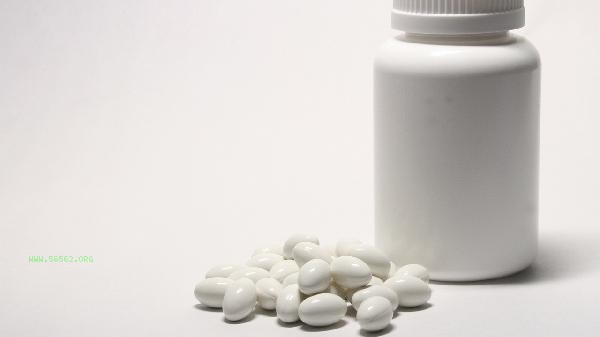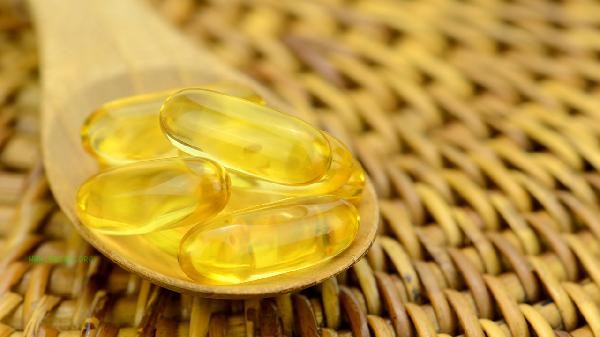Vitamin B12 can be supplemented through foods such as animal liver, fish, eggs, dairy products, and fortified foods. Vitamin B12 deficiency may be related to factors such as gastrointestinal absorption disorders, long-term vegetarianism, gastric surgery, parasitic infections, genetic metabolic diseases, etc.

1. Food
1. Animal Liver
Beef liver, pig liver, and other animal livers are high-quality sources of vitamin B12, containing over 30 micrograms per 100 grams. Suitable for people with anemia or postoperative recovery period to consume in moderation, but patients with hyperuricemia need to control their intake.
2. Fish
Deep sea fish such as salmon and tuna are rich in vitamin B12, providing 3-5 micrograms per 100 grams. The omega-3 fatty acids it contains can also promote nutrient absorption, and it is recommended to use low-temperature cooking methods such as steaming to preserve nutrients.
3. Eggs
Egg yolks contain about 0.5 micrograms/100g of vitamin B12, with a high bioavailability. Lactose intolerant individuals can choose eggs as a supplementary source to replace dairy products, but it is important to note that no more than 2 whole eggs should be consumed daily.
4. Dairy Products
Milk, cheese, and other dairy products contain about 0.4 micrograms of vitamin B12 per 100 milliliters, and the calcium in them helps with nutrient absorption. Fermented dairy products are more beneficial for individuals with weaker gastrointestinal function to obtain nutrients.
5. Fortified Foods
Some breakfast cereals, plant-based milk, and other fortified foods contain artificially synthesized vitamin B12, which is suitable for strict vegetarians. When making a purchase, it is necessary to check the nutrition chart to ensure that the content per serving is at least 1 microgram.

2. Drug
1. Mecobalamin tablets
are used to treat peripheral neuropathy and megaloblastic anemia, and can be directly utilized by the human body. During the medication period, regular monitoring of blood routine is necessary to avoid co administration with drugs such as chloramphenicol.
2. Adenosine cobalamin tablets
are suitable for neurological damage caused by vitamin B12 deficiency and participate in myelin synthesis. Patients with renal insufficiency need to adjust their dosage, as mild diarrhea and other reactions may occur during medication.
3. Vitamin B12 injection
can be directly supplemented to patients with severe absorption disorders, bypassing the gastrointestinal tract. Should be used in medical institutions, common adverse reactions include pain or hardening at the injection site.
4. Compound Vitamin B Tablets
contain multiple B vitamins, suitable for overall supplementation for malnourished individuals. Long term use may cause urine to appear bright yellow, which is a normal metabolic phenomenon.
5. Folic acid and vitamin B12 complex preparation
is used for the synergistic treatment of anemia during pregnancy, where both nutrients participate in red blood cell production. Be cautious of masking neurological symptoms of vitamin B12 deficiency.

It is recommended that individuals with absorption disorders or long-term vegetarians regularly test their serum vitamin B12 levels, and the general population can meet their needs through a balanced diet. Avoid excessive heating during cooking to prevent nutrient loss, and pairing animal based foods with acidic ingredients can increase absorption rate. When experiencing symptoms such as numbness in hands and feet, glossitis, etc., timely medical evaluation should be sought, and appropriate supplementation methods should be selected under the guidance of a doctor. Long term high-dose supplements should not be taken by oneself.



Comments (0)
Leave a Comment
No comments yet
Be the first to share your thoughts!